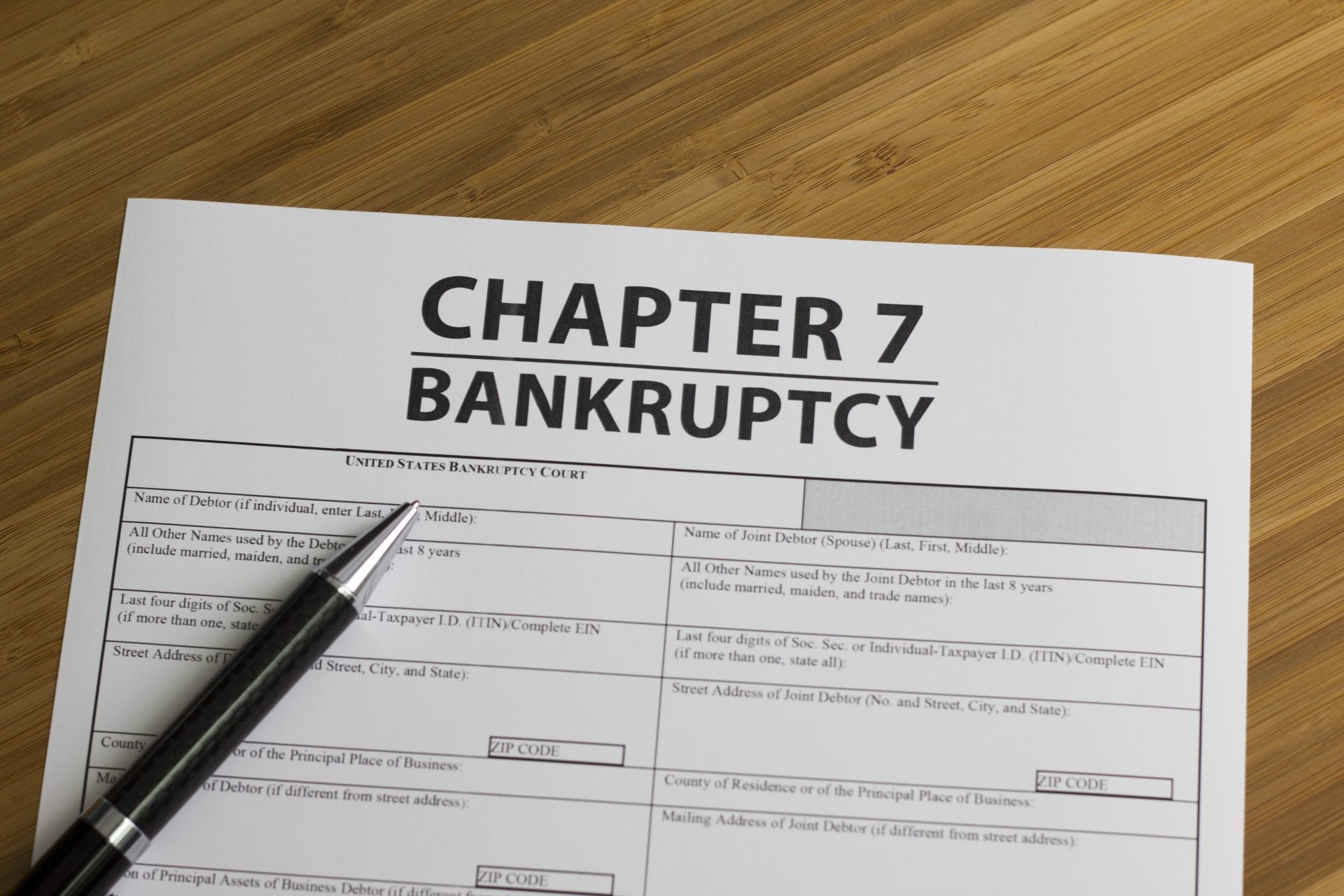Bankruptcy is a financial option available to anyone. If you’ve tried to pay your bills, but still have too much debt, it can help improve your situation over time. You might consider speaking with a Los Angeles bankruptcy attorney for several reasons. Perhaps you’ve lost your job, are getting a divorce, or have high medical bills. Debtors may also consider bankruptcy if they’re being sued by creditors, their home is underwater, or they rely heavily on credit cards to pay for daily essentials.
Do You Qualify for Bankruptcy?
The first step is to consult with a credit counseling agency. They can analyze your finances and suggest options such as debt consolidation, a debt management program, or debt settlement. Negotiating your debt down may be a possibility.
To file Chapter 7 bankruptcy, your income must be below the median income for a family of the same size in your state. But if your income exceeds this amount, you must pass a means test, unless the debt in question was incurred from operating a business or while on active military duty. Qualifying income includes salary, wages, commission, tips, royalties, business income, child support, overtime, worker’s compensation, and retirement income.
How Does the Means Test Work?
The means test looks at your disposable income. This is the amount of money from your paycheck that remains after you subtract allowed expenses and debt payments. If you don’t have enough money left over each month to pay credit card balances, medical bills, personal loans, or other unsecured debts, filing bankruptcy may be an option so you can get a fresh start.
Maybe you do have enough left over each month but are still struggling. If so, a trustee may look at your bankruptcy schedule (Schedule I: Your Income and Schedule J: Your Expenses). Should they determine you have enough income left over to pay creditors, the trustee may suggest Chapter 13 bankruptcy, which doesn’t completely discharge all debts but creates a three- to five-year repayment plan.
Meeting Bankruptcy Requirements
The limitations you may encounter when filing bankruptcy include:
- You must receive credit counseling from an approved nonprofit agency within 180 days of filing, unless you have a physical/mental disability or are an active military member serving in a combat zone.
- If you’ve had debt discharged via Chapter 7 bankruptcy within the past eight years, or via Chapter 13 bankruptcy within the last six years, you won’t qualify to file again unless specific time requirements are met.
- The court dismissed your request within the past 180 days due to a violation of a court order, fraudulent filing, abuse of the bankruptcy system, or request for a dismissal after a creditor objected to an automatic stay.
- You cheated your creditors by concealing assets, or sold them for less than fair market value, purchased luxury items without the means to pay for them, lied on a credit application, or concealed property/money from a business partner.
All your property and assets must be disclosed in your bankruptcy papers, which must be signed under “penalty of perjury”. Omitting information can lead to dismissal of your case by the court.
Get Bankruptcy Help from OakTree Law
At OakTree Law, we help you choose the right options and make the best financial decisions. Our legal team can help you deal with large amounts of debt without the risks associated with filing bankruptcy. For a free consultation with our Los Angeles and Orange County bankruptcy attorney, contact us at 562-219-2979 or submit your request online.








